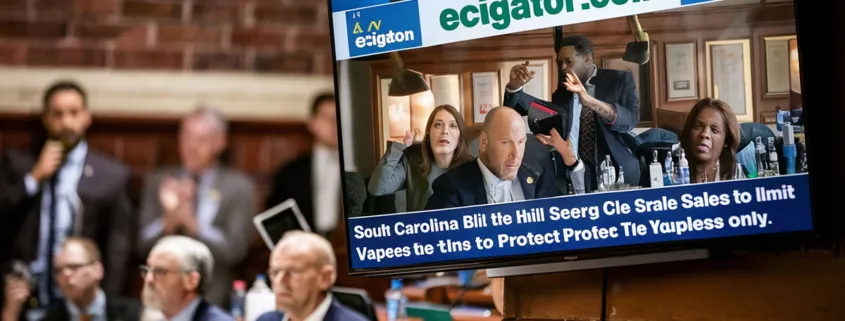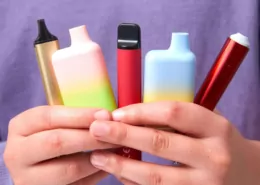South Carolina Advances Restrictive Vape Registry Bill
South Carolina legislators continue pushing a bill to restrict vape shop inventory to solely FDA-authorized items. By creating a registry prohibiting unlisted products, supporters aim to curb teen usage. But vocal industry opposition argues the restrictive approach could backfire.
Registry Limits Legal Options
The proposal would task the State Attorney General with overseeing an official registry cataloging every vaping product granted federal marketing approval. Only sellers listing registered devices could operate legally.
At present, just 23 vape products from major tobacco brands meet FDA standards. Smaller manufacturers face widespread exclusion given the agency’s stringent application obstacles.
Bill co-sponsors Senator Brad Hutto and Thomas Alexander cite surging youth vaping rates in South Carolina as impetus. Educators report confiscating unapproved candy-flavored disposables on school grounds.
Teen Rationale Debated
Advocates argue sweeping flavor restrictions reduce appeal and availability to minors. But critics note disposables rather than specialty store products primarily attract youth experimentation.
They further question allowing tobacco varieties while banning other flavors assumed as luring teens. Adult smokers often require variety to switch from cigarettes.
Business Owners Object
Vape shop owners foresee massive revenue declines from a limited inventory. Rural stores could close entirely under the virtual sales ban on smaller brands.
Some warn limiting options may renormalize smoking or fuel black markets with dangerous illicit products. Public health unintended consequences could outweigh any youth gains.
Uncertain Future
If enacted, the South Carolina bill mandates launching the restrictive vape registry by September 2024. But success remains contingent on federal approval and state funding for enforcement.
And the policy could face legal disputes or referendum challenges given the legislation’s severe impacts on in-state vaping entrepreneurs. Lawmakers may better serve voters through compromise instead of catering to corporate lobbyists.
- Malaysia Negeri Sembilan Backs Vape Ban, Awaits Clear Laws - August 5, 2025
- Is It Illegal to Vape or Smoke While Driving in Massachusetts? - August 5, 2025
- Austria Plans to Ban Disposable E-Cigarettes - August 5, 2025








